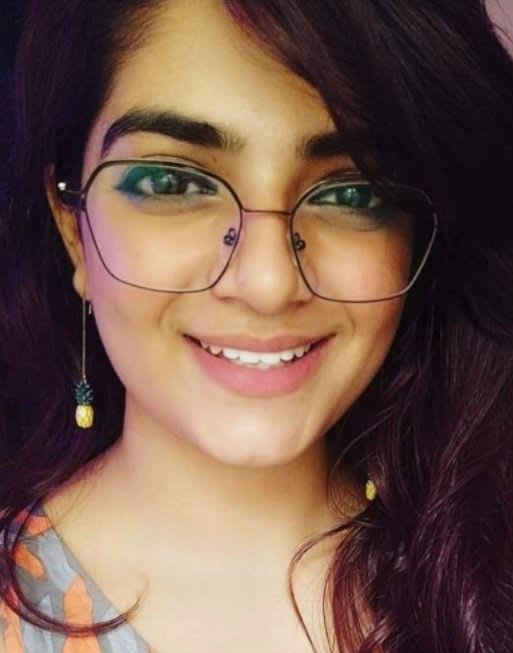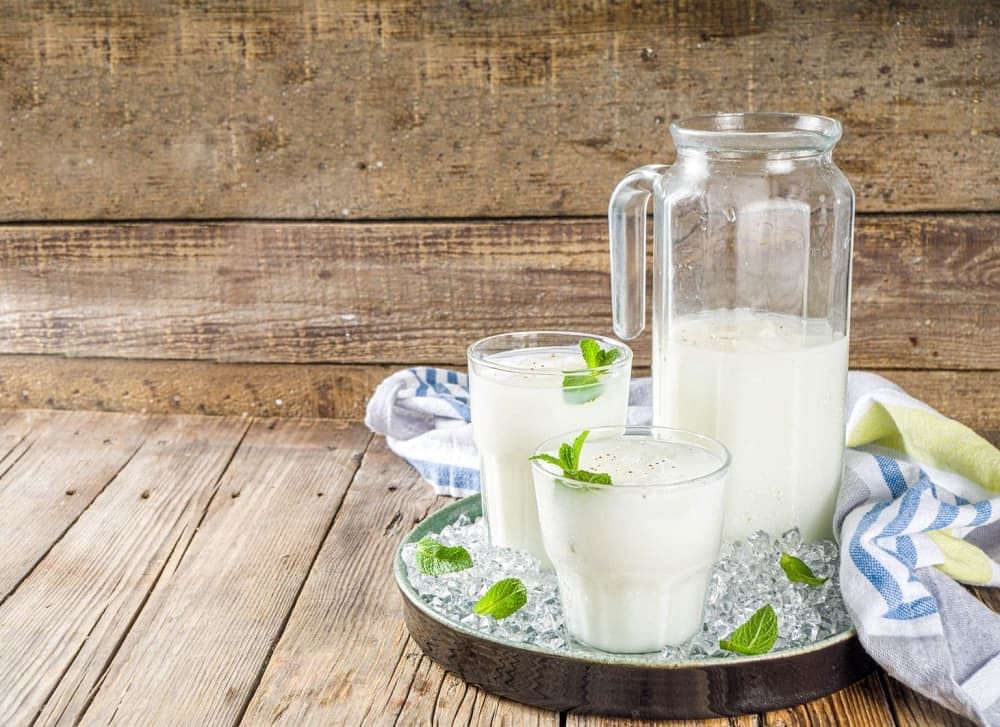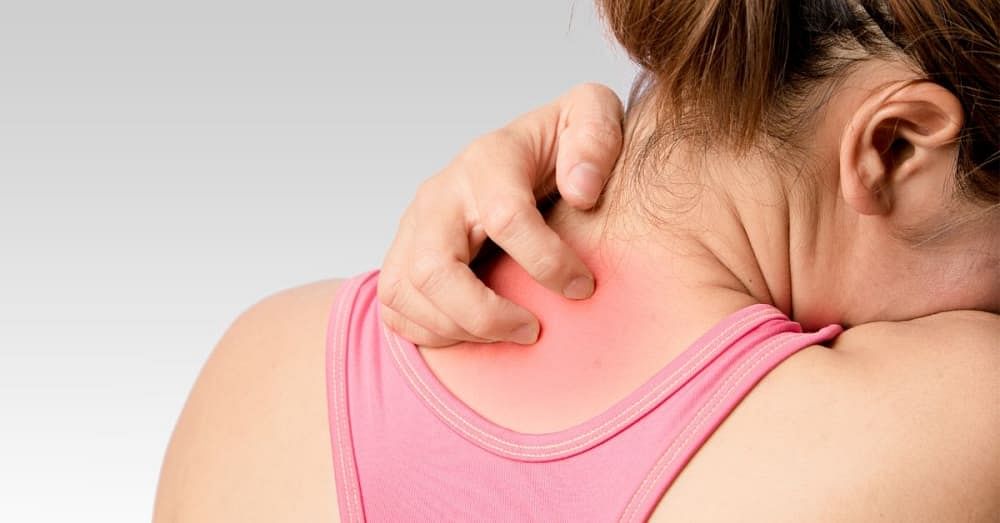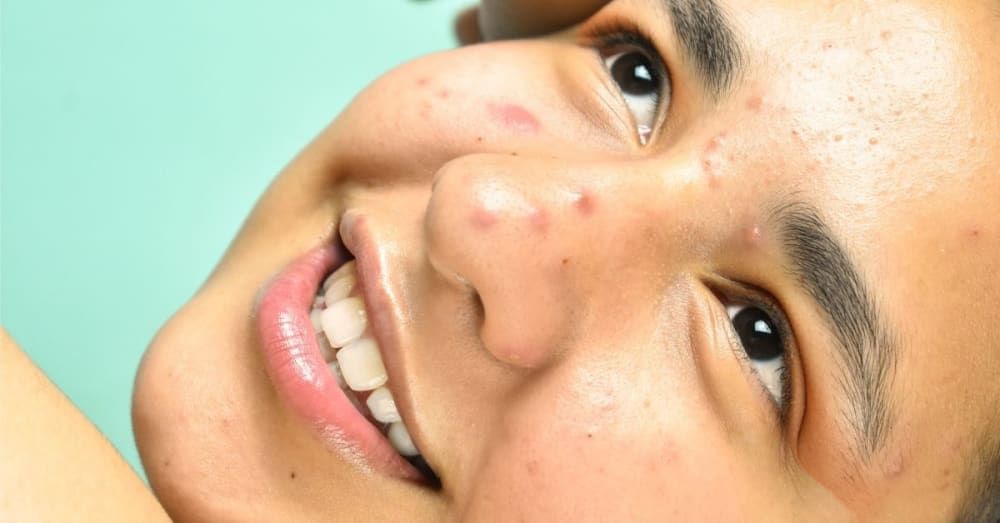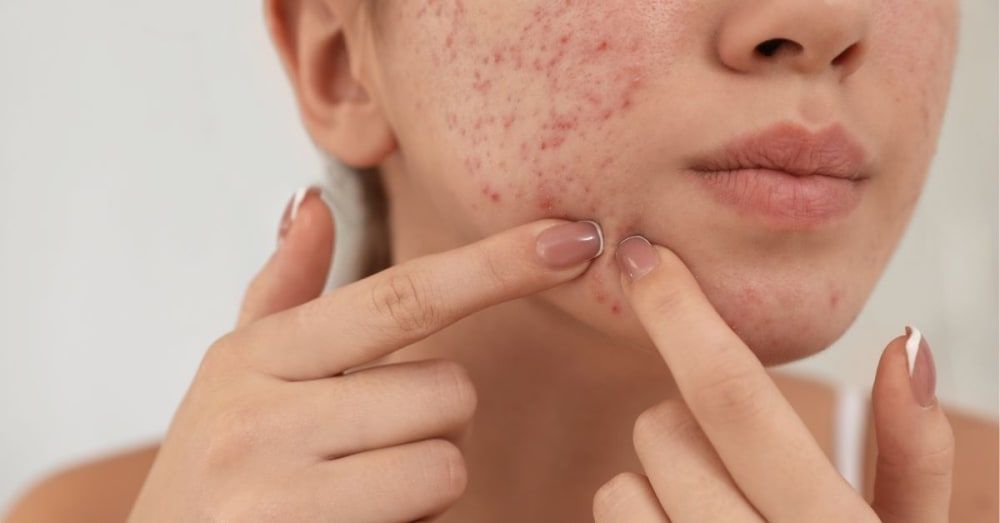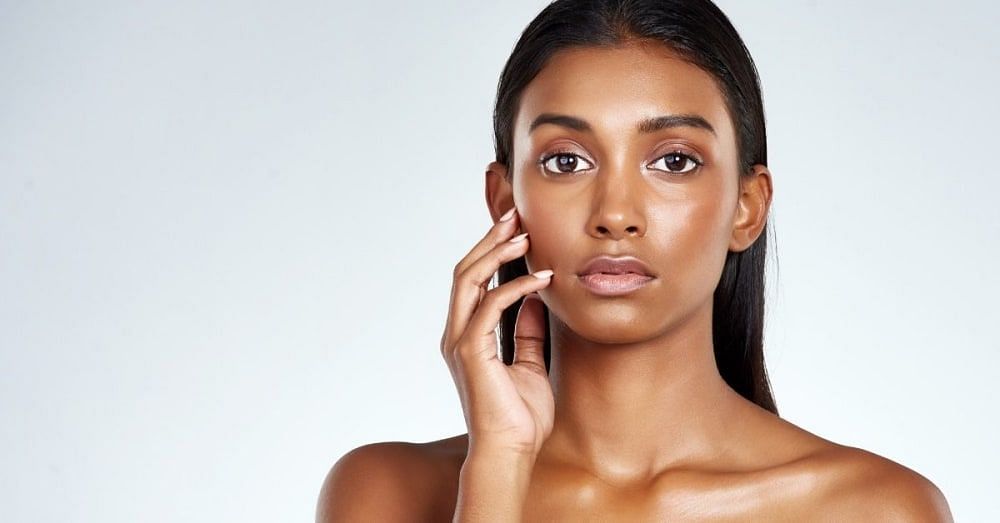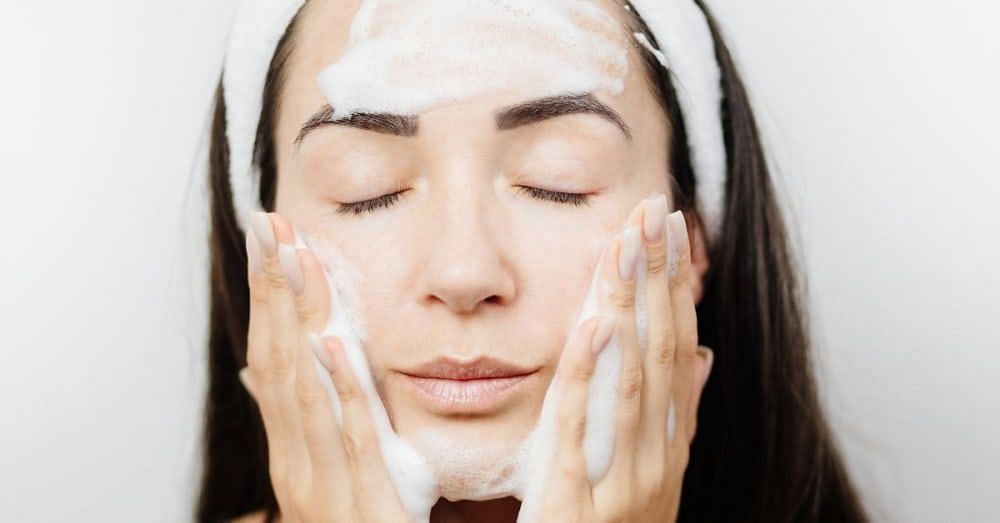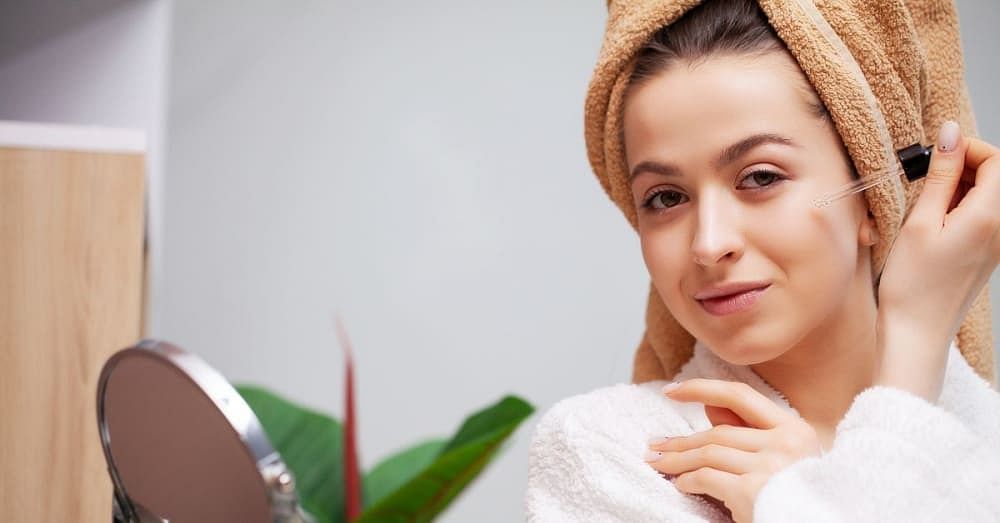Did you know 80% of people experience some kind of minor acne or pimple at some point in their life? Most people think acne & pimple are the same, but that's not true. There is a difference between them so let's find out the difference between acne and pimples.
Difference Between Acne and Pimple?
The difference between acne and pimples is that acne is a skin disease that involves affecting the skin's hair follicles and oil glands, whereas pimples are one of the symptoms of acne. If you have one lesion, just a tiny whitehead or a blackhead, it is called a pimple & a cluster of pimples is called acne.
Acne vs Pimples
Acne usually occurs due to increased stimulation of androgens, whereas pimples usually pop up due to a specific blockage in the skin pore. Acne can cause due to genetic factors, but genetic factors cannot always cause pimples.
What Causes Acne?
Acne Usually develops when the body is going through hormonal changes. It can be caused.
- Puberty
- Periods
- Pregnancy
- Menopause
- Air pollution
- Stress
- Hormonal Contraceptives
- Using oily or greasy personal care products
- Genetic factors
- Other medication
What Are the Different Types of Acne
There are mainly six types of acne, and they can be caused due to a different kinds of symptoms.
Pustules: Small Red bumps with white tips at the centre. These white tips are caused by a build-up of pus underneath the skin surface. They can look and feel inflamed, but they shouldn't cause scarring.
Whiteheads: Small white or flesh-coloured firm bumps on the skin. If you try to pop whiteheads, nothing will come out. Whiteheads can make your skin feel tight or wrinkled.
Blackheads: The small black or dark coloured bumps on the face are called blackheads. They are not filled with dirt. Blackheads are just whiteheads that have been exposed to the air, which make them change colour.
Papules: Papules are small bumps under the skin surface. These tend to be solid, and the skin around them appear red, swollen and tender.
Cysts: Cysts are the large soft lumps deep below the skin surface. They look like boils and are filled with pus and can be red or white in colour. These types of spots can be painful and very prone to scarring.
Nodules: Nodules are hard lumps that form deep below the skin's surface. They can become inflamed, be quite painful and tender. These types of spots can cause scarring and dark blemishes on the skin.
Acne Prevention
Cleanse Your Face Daily
Acne generally occurs when the open pores of your skin are clogged with dirt, oil, and bacteria. If you don't wash your face after a long day, especially if you have any oily skin type, you will end up clogging your pores, resulting in a breakout. So it's essential to cleanse your face 2 to 3 times a day to prevent excess oil production and acne.
Scrub Your Face Twice A Week
Over exfoliation of the skin may also put coats oil production into overdrive, so scrub your face once or twice a week to keep your skin healthy and radiant.
Avoid Eating Acne Triggering Food
You should avoid eating sugar, caffeine, and refined carbohydrates and avoid going overboard with fried and processed foods because those are enemies of your body and skin.
Chocolate is known to reactivate acne-causing bacteria in the body. It is also believed that people who consume much dairy in terms of milk & Ice cream also suffer from acne.
Maintain Good Skin Diet
You should eat plenty of skin and heart-friendly nuts and seeds that are high in omega three fatty acids and zinc. Foods high in antioxidants, Vitamins E, A & Zinc also fall in the anti-acne foods category.
Avoid Squeezing Your Acne
You should avoid Popping your Acne or pimple because it could spread the bacteria from the infected pore to surrounding pores. Also, it creates a scar on your face, and there are chances that you could push bacteria & pus further inside your skin which could lead to a worse outbreak.

